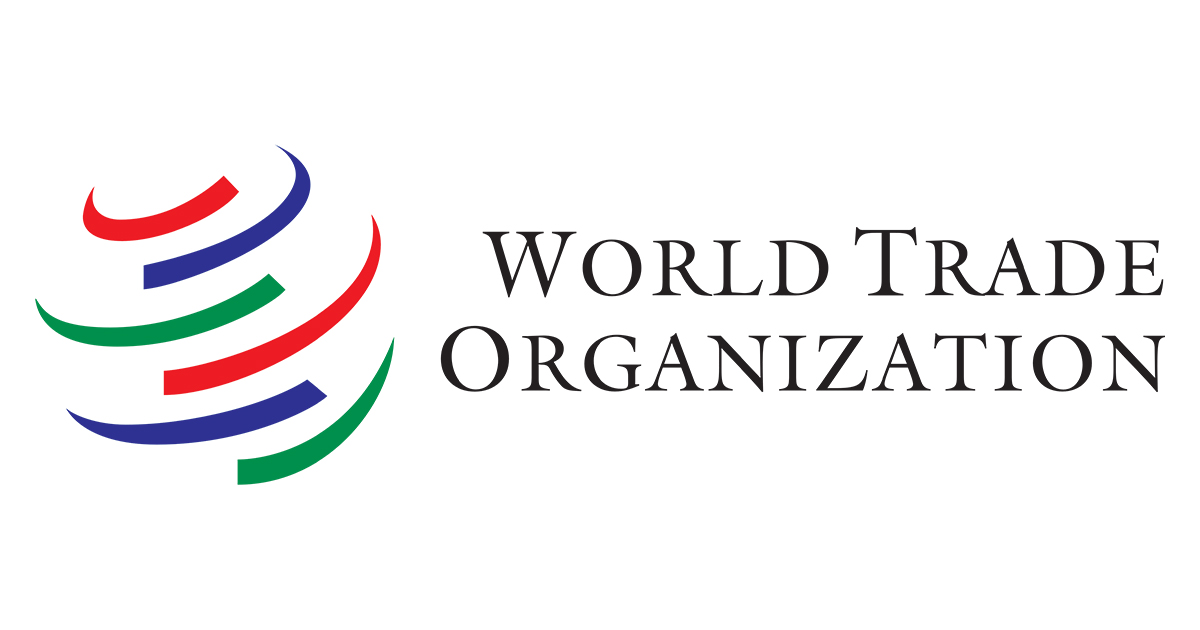Frontlist | WTO publication talks opportunities, challenges of Digital Trade
Frontlist | WTO publication talks opportunities, challenges of Digital Tradeon Feb 04, 2021

The World Trade Organization (WTO) has released a book that examines how WTO members can ensure that the changes brought by digital technologies benefit all and support inclusive growth. The publication combines academic perspectives on digital trade with policy recommendations.
The book titled, ‘Adapting to the Digital Trade Era: Challenges and Opportunities,’ analyzes the implications of the rapid adoption of digital technologies for trade and development. It finds more intensive use of information and communications technology (ICT) services by other sectors, greater reliance on big datasets and artificial intelligence, the reduction of trade costs because of new digital technologies, and the adoption of robots all offer opportunities for gains in trade.
The authors use the WTO Global Trade Model to illustrate the significant impact of digital technologies on trade. Between now and 2030, global trade growth would be 2% higher annually, on average, as a result of the adoption of digital technologies. For developing countries, the model predicts global trade growth would be 2.5% higher annually, on average. The model also predicts that service exports would make up more than 25% of global trade, in contrast to concerns that increased use of 3D printing and robots will result in reshoring of production to advanced economies.
The book also features sections on how countries in different developing regions view the challenges and opportunities of digital technologies, using examples from country case studies. One case study, for instance, examines the role of internet technologies in strengthening ties between global value chains (GVCs) and African economies. The case assumes digital technology will reduce the time and costs required to trade, a critical issue for participation in GVCs because goods can be traded across borders several times. The case suggests that improvements in internet infrastructure could have a significant impact on the ability of African firms to expand their GVC participation.
Another case reflects on internet purchases in Mauritius, an e-commerce leader in Africa. Increases in internet penetration and use and development of secure online payment systems contributed to the rise in e-commerce in Mauritius.
A section on digital advances highlights opportunities for contributing to inclusive growth. Blockchain, for example, can help women overcome barriers to trade and lower the cost of cross-border payments, security compliance, and trading. If not properly regulated, however, expanded use of blockchain could result in higher barriers to trade for women or increase the relative return to more sophisticated technology skills that men are likely to have. One “promising development” is women’s blockchain networks, which help women seize the opportunities that blockchain technology presents. The book finds “broad consensus” that policy can play a critical role in supporting the adoption of digital technologies in a way that ensures vulnerable groups are not left behind.
The book also considers the role of international cooperation and domestic policies in creating a more prosperous and inclusive future, stressing that international cooperation is essential to maximize benefits and limit costs. The WTO Chairholders, Advisory Board members, and the WTO Chairs Programme (WCP) team of the WTO Secretariat prepared the publication. The Governments of the Netherlands and France provided financial support for the WTO Chairs Programme.
Adapting to the Digital Trade Era: Challenges and
WTO
WTO Book News Frontlist
WTO Book On World Trade
WTO Global Trade Model
WTO's New Book Launch



.jpg)






.jpg)
.png)
.jpg)
.jpg)
.jpg)
.jpg)
.jpg)
.jpg)










Sorry! No comment found for this post.